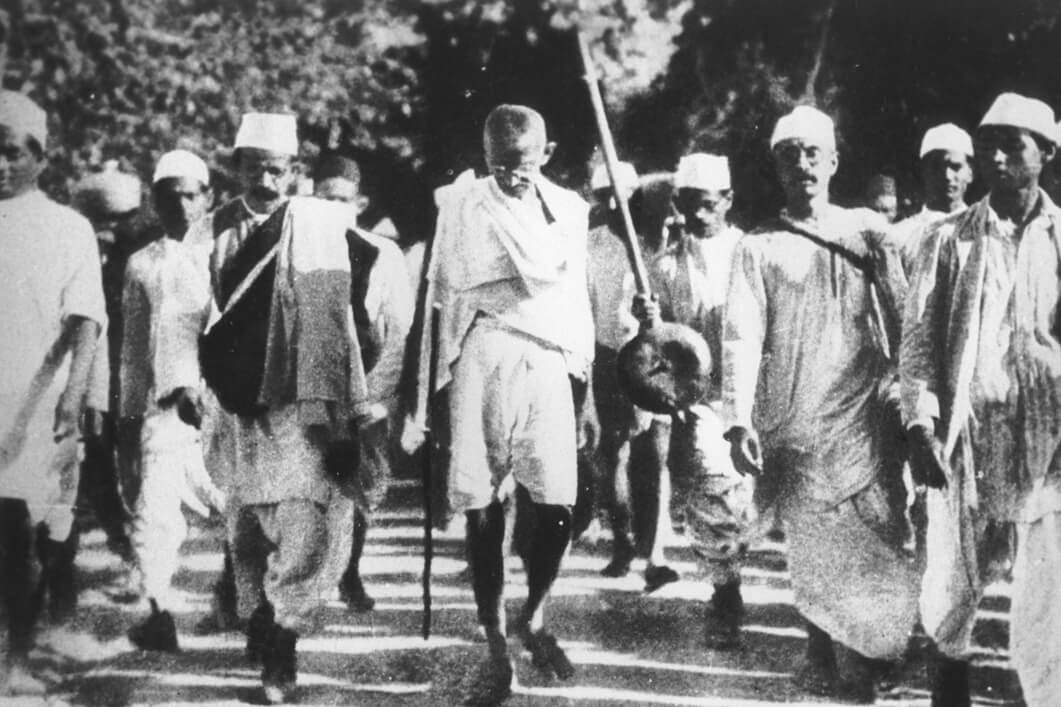The Dandi March, also known as the Salt Satyagraha, was one of the most significant events in India’s struggle for independence. Led by Mahatma Gandhi, this peaceful protest against the British salt tax symbolized the power of nonviolent resistance and inspired millions across the nation. At Child Help Foundation (CHF), we believe that such historical movements hold valuable lessons for today's generation, especially in the realm of social justice and empowerment.
The Journey of the Dandi MarchOn March 12, 1930, Mahatma Gandhi, along with 78 followers, embarked on a 24-day march from Sabarmati Ashram to Dandi, a coastal village in Gujarat. Covering a distance of approximately 385 kilometers, the march was a direct challenge to the British-imposed salt monopoly, which heavily taxed this essential commodity. Upon reaching Dandi on April 6, Gandhi picked up a handful of salt, an act of defiance that resonated throughout the country, sparking civil disobedience movements nationwide.
The Dandi March was more than a protest against the salt tax—it was a statement against colonial oppression, economic exploitation, and social injustice. People from all walks of life joined the movement, demonstrating unity and resilience. The march successfully drew international attention to India’s freedom struggle and reinforced the effectiveness of nonviolent resistance.
Lessons for Today’s Society
At CHF, we see the Dandi March as a powerful symbol of courage and perseverance. Its core principles—equality, self-reliance, and social justice—align with our mission of creating a better future for underprivileged children and communities. There are three key lessons we can learn from this historic event:
1. The Power of Nonviolent ProtestGandhi’s commitment to nonviolence proved that change is possible without aggression. Today, CHF follows this philosophy by advocating for children's rights, environmental sustainability, and education through peaceful means. By raising awareness, collaborating with stakeholders, and implementing grassroots initiatives, we strive to create meaningful and lasting change.
2. Empowerment Through Self-RelianceThe Dandi March emphasized the importance of self-sufficiency, encouraging Indians to produce their own salt instead of depending on the British. Likewise, CHF promotes self-reliance by providing education, vocational training, and healthcare support to marginalized communities. We empower children with the skills they need to build a brighter future and break free from the cycle of poverty.
3. Collective Action for a Common CauseGandhi’s march demonstrated that when people unite for a shared cause, they can overcome even the greatest challenges. CHF applies this lesson by mobilizing volunteers, donors, and corporate partners to work together for the welfare of children and families in need. Whether it is through disaster relief, nutrition programs, or educational initiatives, our collective efforts make a significant impact.
Keeping the Spirit AliveThe Dandi March remains an inspiration for movements advocating justice and equality worldwide. At CHF, we honour this legacy by continuing our mission of serving the underprivileged with dedication and compassion. Just as Gandhi’s march challenged oppression, we believe that every step we take towards child welfare and community development is a step towards a more just and equitable society.
By remembering the Dandi March, we reaffirm our commitment to social service, ensuring that every child has the opportunity to grow, learn, and thrive.
